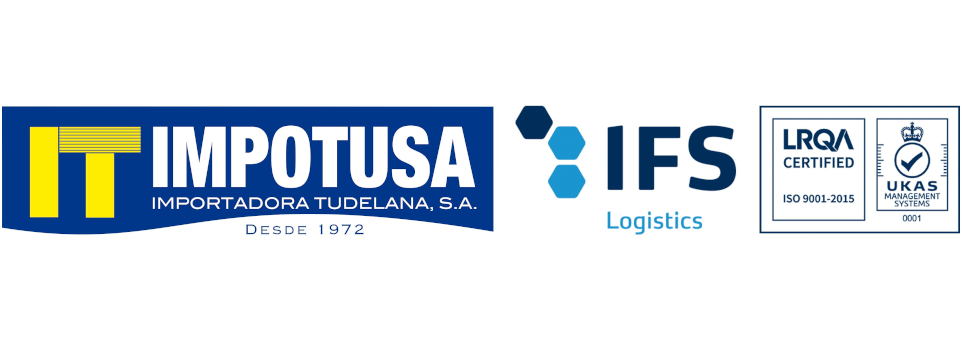- Offers
- 3056 views
Protective glasses are essential to safeguard the integrity of workers during their work day, allowing them to perform their duties safely and protecting them from possible risks and dangers to which they may be exposed.
In this article, we will address the appropriate time to use protective glasses, their relevance, their various applications and, especially, we will explore the different risks that we can face with the simple use of this accessory that is so essential in work environments.
What are protective glasses?
Protective glasses, also known as safety glasses, are devices specifically designed to protect the eyes from possible impacts, suspended particles, chemicals and radiation. Unlike ordinary glasses, protective glasses are made of resistant materials and have features that meet established safety standards .
These glasses usually have more robust frames and impact-resistant lenses , and in many cases, they may have side protectors to prevent particles from entering from the sides. Additionally, some protective glasses incorporate special features , such as anti-fog coatings or protection against ultraviolet radiation.
It is essential to choose them carefully to adapt to the specific work environment . Additionally, they must be used correctly to ensure optimal protection. It is an important investment in worker safety as it can help prevent serious injuries or even vision loss.
PROTECTIVE GLASSES FALCON GM
Most important features of protective glasses
Protective glasses can vary in shape and size, but the most popular ones have well-defined characteristics. These are some of the main ones, although we must keep in mind that they are interspersed depending on the job for which they are used:

Light . This is important to prevent the worker's face from being overloaded with unnecessary weight and hindering vision and operability. The most common materials for protective glasses are fiberglass, mica or glass.

Resistant to high temperatures and aggressive industrial environments. Protective glasses must be prepared for any type of approach to potentially dangerous materials or situations.

Compact and inflexible . This makes them portable and easy to use, without interfering with work.

Ergonomic design . Adapted to offer comfort during long work days, guaranteeing a proper fit and avoiding discomfort.

Anti-fog coating . Provides clear, unobstructed vision, ensuring optimal functionality in diverse conditions.

Anti-fog coating . Provides clear, unobstructed vision, ensuring optimal functionality in diverse conditions.
What risks do protective glasses protect against?
The main risks that protective glasses protect against are the following:
Impacts and flying particles:
They act as a shield against possible impacts, preventing serious injuries. They are especially important in industrial or construction environments , where the risk of contact with moving objects or airborne particles is high.
Chemicals and splashes:
They offer an effective barrier against splashes that could cause eye damage. They are essential in laboratories or environments where chemicals are handled, and can also be useful in recreational activities such as gardening or DIY.
Ultraviolet radiation:
Protective glasses with suitable lenses protect the eyes from damage caused by UV radiation. They are important in outdoor activities, such as driving, hiking or skiing, and are also recommended in environments where ultraviolet radiation is generated, such as welding or prolonged sun exposure .
Particles suspended in air:
Protective glasses prevent fine particles from entering your eyes, which could cause irritation or injury. They are especially important in dusty environments, such as construction, agriculture or mining .
Heat:
They help protect the eyes from extreme heat, such as that generated in welding or casting processes. These glasses are usually made of heat-resistant materials, such as polycarbonate or tempered glass.
Cold:
They protect eyes from low temperatures, such as those found in industrial or construction environments . These glasses are usually made of materials that maintain heat, such as polycarbonate or polyurethane.
Bright light:
They can help protect the eyes from excessive light exposure, such as that which may be found in welding environments or during outdoor activities . These glasses are usually made with polarized lenses or ultraviolet filters.
Electricity:
They protect your eyes from static electricity, which can cause eye injuries. These glasses are usually made of materials that do not generate static electricity, such as polycarbonate or tempered glass.









